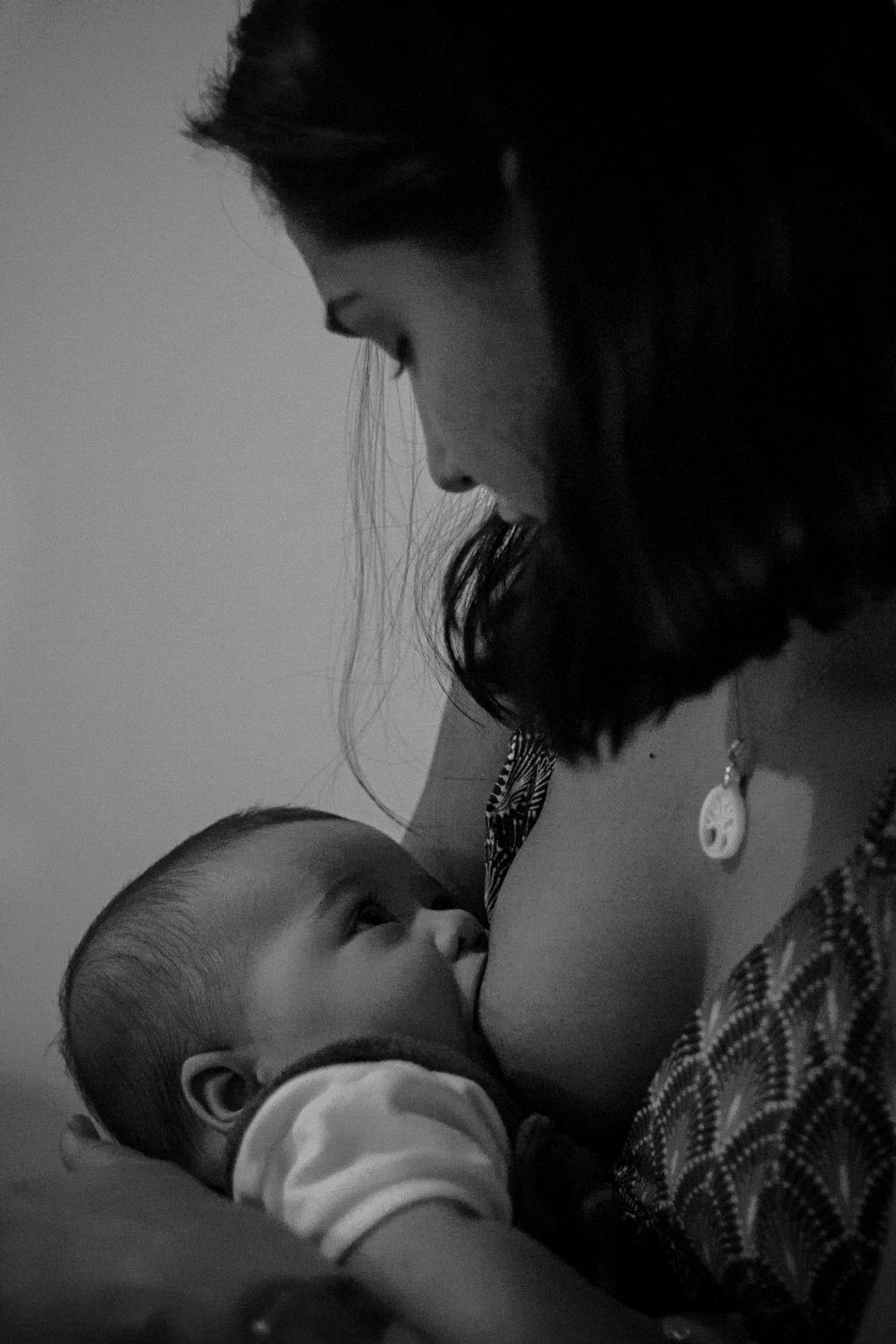For many new mothers, the absence of menstrual periods after childbirth can lead to questions and uncertainty. One common query revolves around the duration a breastfeeding mom can go without experiencing her period. The relationship between breastfeeding and menstruation is intricate, often influenced by individual circumstances and practices.
Effects of Exclusive Breastfeeding
Exclusive breastfeeding can play a significant role in delaying the return of menstruation for postpartum women. The hormone prolactin, produced during breastfeeding, suppresses ovulation in some women, leading to a delay in the menstrual cycle. This phenomenon results in extended periods without a period for many breastfeeding moms.
Initial Months Postpartum
During the first few months after giving birth, it is common for breastfeeding mothers to experience an absence of menstrual periods. This period can vary from woman to woman but is often linked to the frequency and intensity of breastfeeding. Women who exclusively breastfeed their infants and nurse on demand are more likely to have a delayed return of menstruation.
Typical Timeframes
While each woman’s body is unique, it is not uncommon for breastfeeding moms to go without a period for the first six months postpartum. This timeframe is often influenced by the baby’s feeding patterns, the mother’s hormone levels, and overall breastfeeding practices. Some women may even experience a longer period without menstruation due to exclusive breastfeeding.
Factors Influencing Menstrual Return
Various factors can impact the return of menstruation for breastfeeding women. As breastfeeding frequency decreases, particularly with the introduction of solid foods or formula supplementation, the likelihood of ovulation increases. This shift in nursing patterns can signal the body to resume regular menstrual cycles.
Individual Variations
It is essential to recognize that every woman’s body responds uniquely to the postpartum period and breastfeeding. Some women may resume menstruation earlier than others, even while exclusively breastfeeding. Factors such as stress, genetics, overall health, and hormonal balance can influence the timing of the return of periods.
Extended Periods without Menstruation
For some breastfeeding mothers, the absence of periods can extend beyond the first six months postpartum. This situation, known as lactational amenorrhea, occurs when the body continues to suppress ovulation due to sustained breastfeeding practices. While relatively uncommon, some women may experience an extended period without menstruation during exclusive breastfeeding.
Consulting Healthcare Providers
If you have concerns about the absence or return of your menstrual period while breastfeeding, it is advisable to consult your healthcare provider. Medical professionals can offer personalized guidance based on your specific health status, breastfeeding practices, and postpartum experiences. Open communication with healthcare providers can provide clarity and support regarding your individual situation.
Understanding Your Body’s Signals
Being attuned to your body’s signals and changes is crucial during the postpartum period. Monitoring breastfeeding patterns, physical symptoms, and emotional well-being can help you understand how your body is responding to lactation and its impact on menstruation. Recognizing subtle shifts can empower you to make informed decisions about your health and well-being.
Return to Fertility
It is essential for breastfeeding mothers to be aware that the return of menstruation signals a potential return to fertility. Even if menstruation has not resumed, women should consider contraceptive options if they wish to prevent pregnancy. Understanding the interplay between breastfeeding, ovulation, and fertility can help mothers make informed choices regarding family planning.
Personal Experiences and Shared Stories
Many breastfeeding mothers find comfort and reassurance in sharing their experiences with one another. Hearing other women’s stories of menstrual return during breastfeeding can provide insights, perspectives, and support as you navigate your postpartum journey. Engaging with communities, online forums, and support groups can foster connection and solidarity among mothers facing similar questions and experiences.
Conclusion
In conclusion, the duration a breastfeeding mom can go without a period is often influenced by exclusive breastfeeding practices, hormone levels, individual variations, and lifestyle factors. While many women experience a delayed return of menstruation during the first six months postpartum, some may have an extended period without periods due to lactational amenorrhea. By understanding the interplay between breastfeeding and menstruation, consulting healthcare providers, and being attentive to your body’s signals, you can navigate the postpartum period with awareness and confidence.

